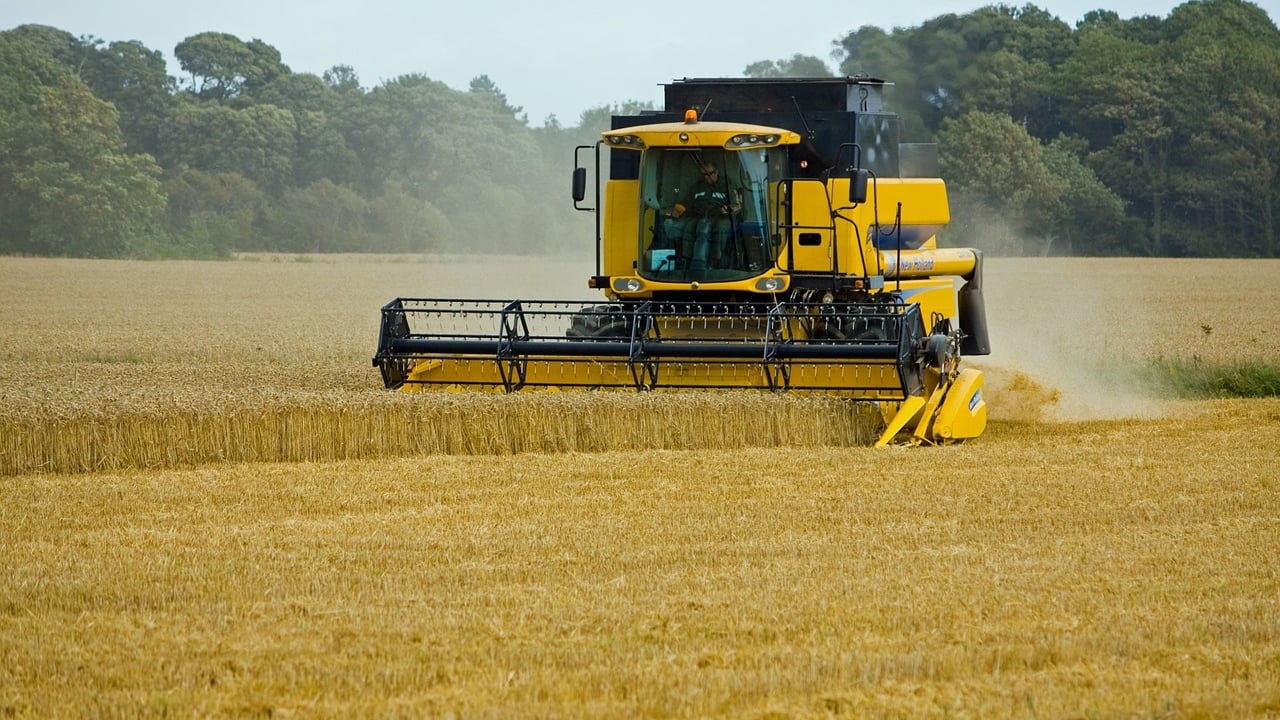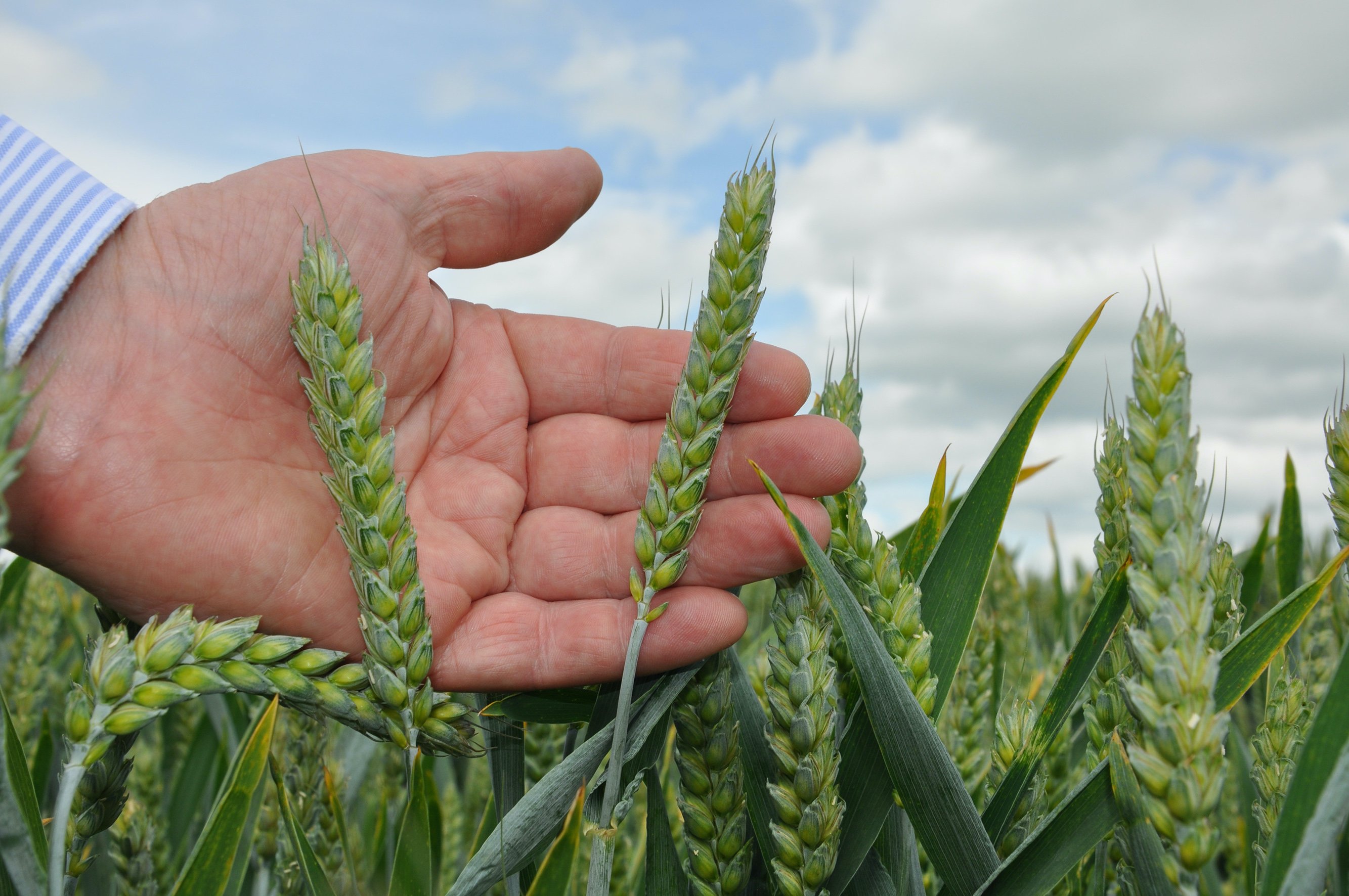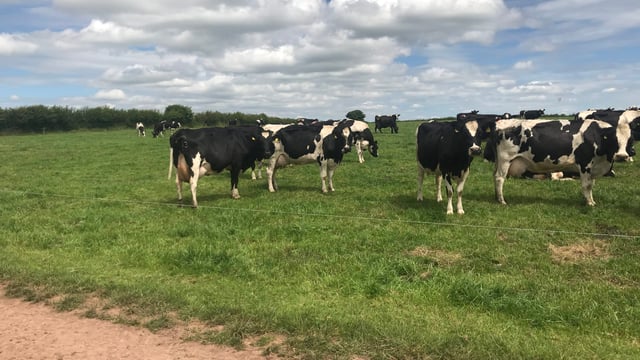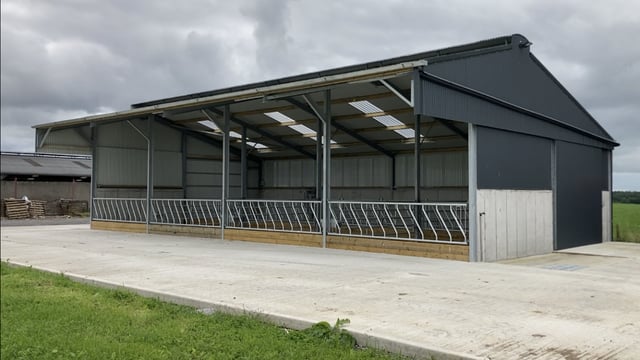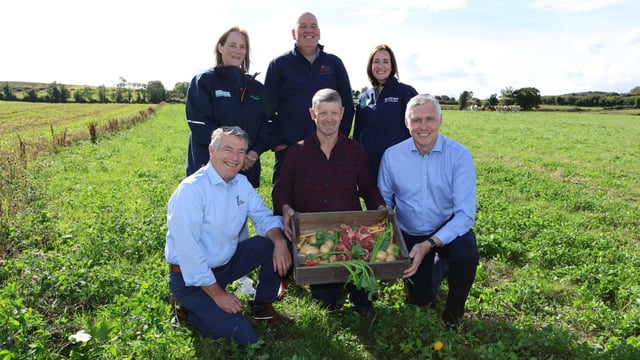Forecasts for EU crop yields revised downwards
The Agricultural and Horticultural Development Board (AHDB) is confirming a downward revision in 2024 projected crop yields across the European Union (EU).
This follows-on from the EU crop monitoring service, MARS, releasing its July crop yield forecast for the 27 member states earlier this week.
Due to ongoing extreme weather, yield forecasts for most crops have been reduced. This maintains a trend that was initially established some months ago.
The MARS report indicates that several major crops, including maize, rapeseed, and sunflowers, are below their five-year average.
However, spring barley has improved the most, with yields now estimated at 4.44t/ha, up from the five-year average of 4.08t/ha. This is due to good weather in Spain and northern Europe.
Regarding monthly changes, the yield forecast for soft wheat slightly increased to 5.87t/ha from 5.86t/ha in June. On the other hand, the rapeseed yield estimate decreased to 3.10t/ha from 3.16t/ha last month.
Sunflower and maize yields were trimmed the most this month, decreasing by 5% and 4% respectively.
This decline is mainly due to low rainfall and high temperatures in Hungary, a key producing region.
Large parts of Germany and France have continued to experience heavy rainfall since the 2023/2024 cropping season began.
This has caused flooding and made it hard for farmers to manage winter crops, leading to more pests and diseases.
In key south-central and south-east regions, unusually hot weather (often above 35°C) and little rain have significantly affected summer crops during flowering.
In turn, this is resulting in low yields. Winter and spring cereals were less affected in these regions, having completed their growth cycle earlier in the season.
Moereover, the continuing concerns about the warmer-than-usual weather conditions affecting spring and winter crops in parts of Russia and Ukraine may well impct on future market trends according to the report.
Projected rainfall in some areas of Eastern Europe could help improve soil moisture and support crop growth during the grain-filling stages of most summer crops.
At the moment, the long-range weather forecast predicts warmer conditions in Europe, with temperatures potentially rising above average during August and September.
The impact of this warmer weather will vary depending on the region and the type of crops grown.
While this can be beneficial to crops in areas affected by flooding like France and Germany by improving growing conditions, the rising temperatures could also lead to increased heat stress in the southern regions.
Such a scenario could act to reduce yields and negatively affect crop quality. The EU plays a crucial role in global availability of cereals.

